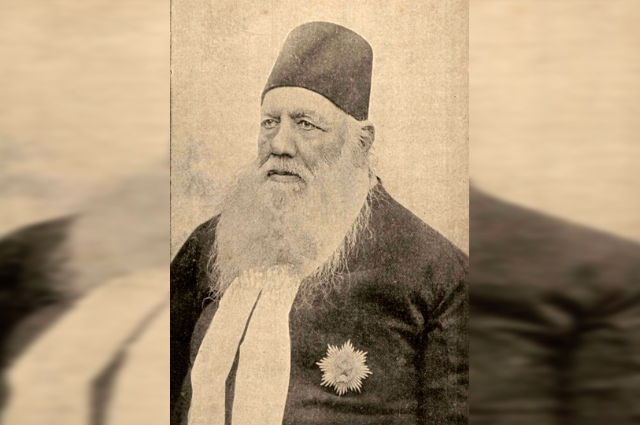Introduction
Sir Syed Ahmed Khan, a name etched in the annals of Indian history, is celebrated as a pioneering figure in the field of education, social reform, and political awakening during the 19th century. His remarkable contributions played a pivotal role in shaping the modern intellectual landscape of India. In this blog post, we will delve into the life, achievements, and enduring legacy of Sir Syed Ahmed Khan.
Early Life and Education
Born on October 17, 1817, in Delhi, Sir Syed Ahmed Khan belonged to a noble family deeply rooted in Mughal history. His early education was steeped in the traditional Islamic curriculum, but he soon realized the importance of modern education in a rapidly changing world.
Sir Syed's Quest for Knowledge
Sir Syed's insatiable quest for knowledge led him to study the works of Western philosophers, scientists, and scholars. This exposure to modern thought significantly influenced his perspective, inspiring him to bridge the gap between traditional Islamic education and contemporary knowledge.
Aligarh Movement
One of Sir Syed Ahmed Khan's most significant achievements was the establishment of Aligarh Muslim University (AMU). He envisioned AMU as a center of modern education where Muslims could acquire knowledge in science, literature, and the arts while remaining grounded in their cultural and religious heritage.
Through tireless efforts, Sir Syed transformed his vision into reality. AMU was founded in 1875 as the Muhammadan Anglo-Oriental College and later evolved into Aligarh Muslim University. It aimed to uplift the Muslim community by providing quality education and promoting a scientific outlook.
Social Reforms
In addition to his educational endeavors, Sir Syed Ahmed Khan actively advocated for social reforms within the Muslim community. He believed that the backwardness of Muslims in India was partly due to their reluctance to adapt to changing times and technology.
Sir Syed championed women's education, promoted the use of the English language, and encouraged the study of Western sciences and philosophy among Muslims. His efforts to modernize the community's outlook on various issues, including the abolition of purdah (veil) and sati (widow burning), were instrumental in bringing about positive changes.
Political Activism
Sir Syed Ahmed Khan was not just an educator and reformer; he was also deeply involved in the politics of his time. He played an important role in representing the interests of the Muslims before the British government and helped create a sense of political awareness among the community.
His book "Asar-us-Sanadid," which was focused on the architectural history of India, highlighted the cultural heritage of the Indian subcontinent and earned him recognition as a historian and archaeologist.
Legacy
Sir Syed Ahmed Khan's contributions to the intellectual and social landscape of India are immeasurable. His vision of modern education and social reform continues to shape the lives of countless individuals. Aligarh Muslim University, the institution he founded, remains a symbol of his enduring legacy.
Today, Sir Syed's vision for education and enlightenment is relevant not just for the Muslim community but for all of India. His unwavering commitment to education, social reform, and the unity of diverse communities remains an inspiration for generations to come.
Conclusion
Sir Syed Ahmed Khan was a visionary leader who believed in the power of education to transform lives and society. His tireless efforts to modernize education and promote social reform continue to influence India's cultural, educational, and political landscape. Sir Syed's legacy serves as a reminder of the transformative potential of education and the importance of adapting to the changing times while preserving cultural identity.

